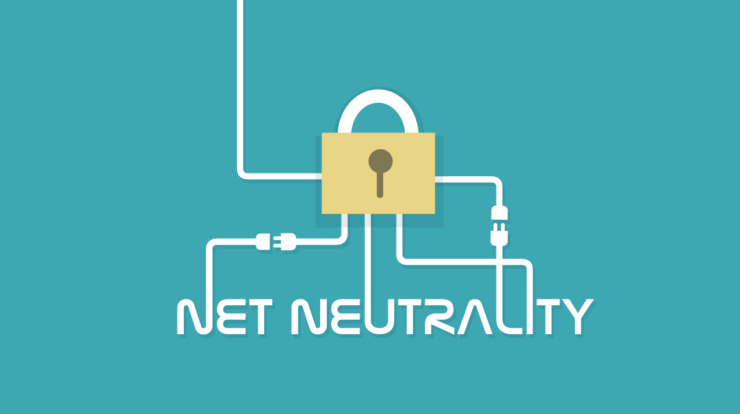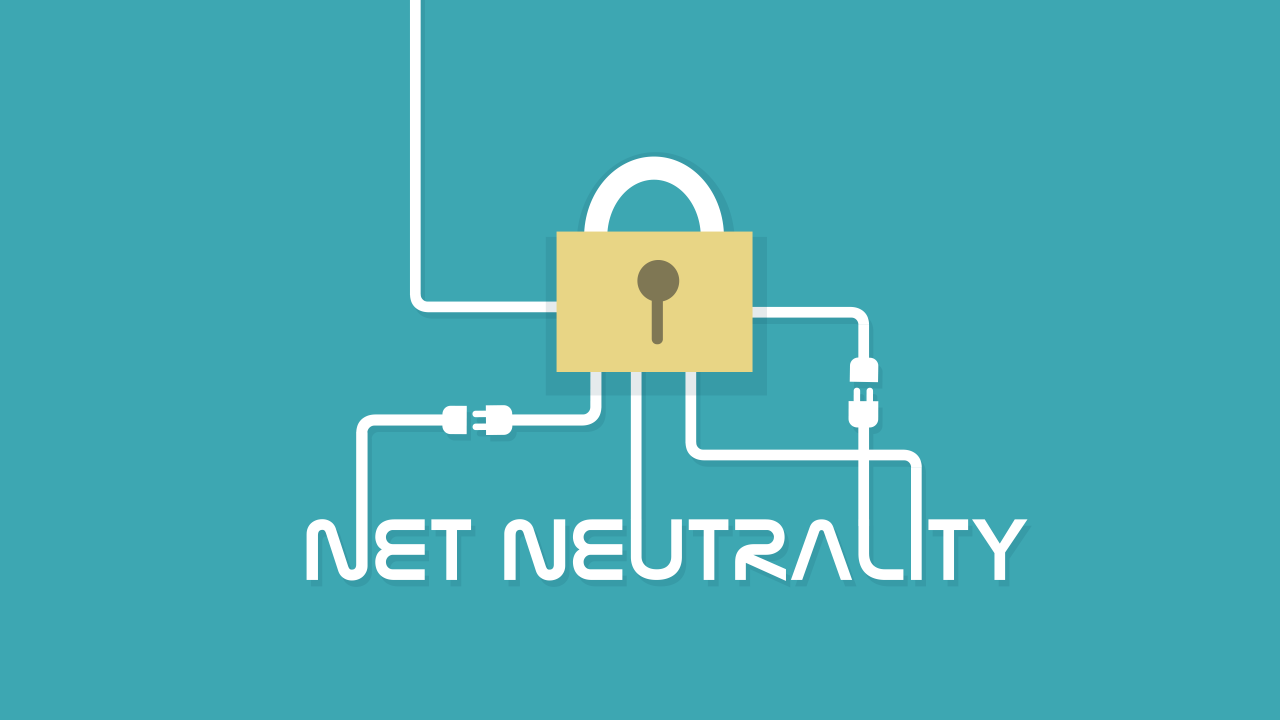
Net neutrality definition – Net neutrality, a concept that has ignited debates and shaped internet regulations, is a principle that ensures equal treatment of all internet traffic, regardless of its source, destination, or content. By prohibiting internet service providers (ISPs) from discriminating against specific websites or applications, net neutrality safeguards the open and accessible nature of the internet.
This principle has been instrumental in fostering innovation, competition, and freedom of expression online. Without net neutrality, ISPs could prioritize certain content or services over others, potentially leading to a tiered internet where users pay more for faster access to specific websites or applications.
Net Neutrality Definition
Net neutrality is the principle that internet service providers (ISPs) should treat all internet traffic equally, regardless of its source, destination, or content.
Net neutrality principles include:
- ISPs cannot block or throttle access to specific websites or online services.
- ISPs cannot charge different prices for different levels of service (e.g., fast lanes for high-paying customers).
- ISPs must be transparent about their network management practices.
Net neutrality is important for internet users because it ensures:
- Equal access to all online content and services
- Fair competition among online businesses
- Innovation and the development of new internet-based services
Net Neutrality History: Net Neutrality Definition
The concept of net neutrality emerged in the early 2000s as the internet became more widely adopted and ISPs began to explore ways to differentiate their services.
Key events in the history of net neutrality include:
- 2005:The Federal Communications Commission (FCC) adopts the first net neutrality rules, prohibiting ISPs from blocking or throttling traffic.
- 2010:The FCC reclassifies broadband internet service as a telecommunications service, giving it the authority to regulate net neutrality more strictly.
- 2015:The FCC adopts the Open Internet Order, which strengthens net neutrality rules and prohibits ISPs from engaging in unfair or unreasonable practices.
- 2017:The FCC repeals the Open Internet Order, restoring the internet to a lightly regulated environment.
- 2023:The FCC restores net neutrality rules under the Biden administration.
Net Neutrality Arguments
Arguments in Favor of Net Neutrality
Proponents of net neutrality argue that it is essential for:
- Consumer protection:Net neutrality ensures that consumers have equal access to all online content and services, regardless of their ISP or income level.
- Innovation:Net neutrality fosters innovation by allowing new and small businesses to compete on a level playing field with large corporations.
- Economic growth:Net neutrality promotes economic growth by creating a more competitive and dynamic internet marketplace.
Arguments Against Net Neutrality, Net neutrality definition
Opponents of net neutrality argue that it is:
- Unnecessary:They argue that market forces will naturally lead to a competitive and open internet without government intervention.
- Harmful to investment:They claim that net neutrality regulations discourage ISPs from investing in their networks.
- Unconstitutional:They argue that net neutrality regulations violate the First Amendment by restricting the free flow of information.
Net Neutrality Impact
Impact on Innovation and Competition
Net neutrality has a significant impact on innovation and competition in the internet market.
- Innovation:Net neutrality fosters innovation by allowing new and small businesses to compete on a level playing field with large corporations. Without net neutrality, ISPs could prioritize their own content and services, making it more difficult for new entrants to succeed.
- Competition:Net neutrality promotes competition by ensuring that all ISPs are subject to the same rules. Without net neutrality, large ISPs could use their market power to favor their own services over those of their competitors.
Impact on Internet Access and Affordability
Net neutrality also has a significant impact on internet access and affordability.
- Access:Net neutrality ensures that all internet users have equal access to all online content and services, regardless of their income level or location. Without net neutrality, ISPs could block or throttle access to certain websites or online services, making them inaccessible to some users.
- Affordability:Net neutrality helps to keep internet access affordable by preventing ISPs from charging different prices for different levels of service. Without net neutrality, ISPs could charge higher prices for faster speeds or access to certain websites or online services, making it more expensive for users to get online.
Outcome Summary

The debate over net neutrality has highlighted the importance of maintaining a level playing field on the internet, ensuring that all users have equal access to information and services, regardless of their economic status or location. As the internet continues to evolve, the principles of net neutrality will remain crucial in shaping the future of online communication and commerce.
Expert Answers
What is the main principle of net neutrality?
Net neutrality ensures that all internet traffic is treated equally, without discrimination based on source, destination, or content.
Why is net neutrality important?
Net neutrality promotes innovation, competition, and freedom of expression online by preventing ISPs from favoring certain content or services.
What are the potential consequences of violating net neutrality principles?
Violations of net neutrality principles could lead to a tiered internet where users pay more for faster access to specific websites or applications, hindering equal access and stifling innovation.





